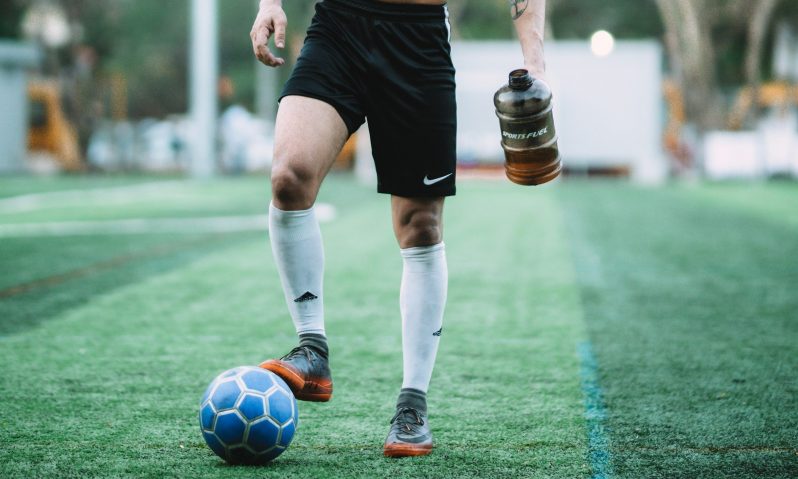Research has shown that warming up can improve your exercise performance. Many doctors and fitness professionals recommend warming up and stretching before exercising or playing sports, even if it’s just for a quick few minutes. I like to stretch my legs and arms with some basic dynamic and static stretches before I go for a jog. I also enjoy some light yoga moves before beginning strength training.
We all have our preferences, and some athletes are warming up their brains and their bodies before jumping in. Recently, researchers explored whether warming up the body and brain with cognitive activities like decision-making and reaction time drills could further boost athletic performance. Let’s look at the research.
The study

In a study published in the journal Brain Sciences, researchers assessed the effects of combining physical and cognitive warmups on older adults and athletes. They tested two conditions: when the older adults and athletes were well-rested and when they were fatigued due to sleep restriction.
The research involved 31 padel players for the first part of the study and 32 older adults for the second part of the study. Researchers analyzed the participants’ performance in cognitive tasks and sports after they had engaged in cognitive and physical warmup routines.
What are cognitive warmups?

There are different types of cognitive warmups or classic reaction-based executive function tasks. These tasks are designed to assess certain skills, such as impulse control, cognitive flexibility, and response inhibition. For example, with a Stop Signal Task or SST, participants are told to respond to stimuli, and on some trials, they will suddenly see a secondary ‘stop’ signal. The stop signal requires participants to inhibit their response, which assesses cognitive flexibility and response inhibition. Other types of cognitive tests and warmups can assess spatial working memory, multitasking, and more.
The results

Researchers concluded that participants who completed the cognitive tasks along with the physical warmups experienced significantly improved performance compared to those who didn’t warm up at all and those who only completed physical warmups. The researchers noted that integrating short-to-medium bursts of cognitive tasks into physical warmups can greatly enhance cognitive, exercise, and sports performance.
The researchers recommend lightboard drills that impose relatively low cognitive demands and activate the central nervous system to prepare for upcoming sporting events. Interestingly, the results applied to young and older adults, fit athletes, and sedentary non-athletes.
The takeaway

It makes sense that warming up your body and your brain could optimize your athletic performance, especially given how closely our bodies and brains work together when we exercise. Your body is interconnected, and your brain is constantly firing signals to get your muscles to move in the way you want them to. More research is necessary, but it seems that priming your body and brain could be the way to go when you really want to maximize your athletic potential.




